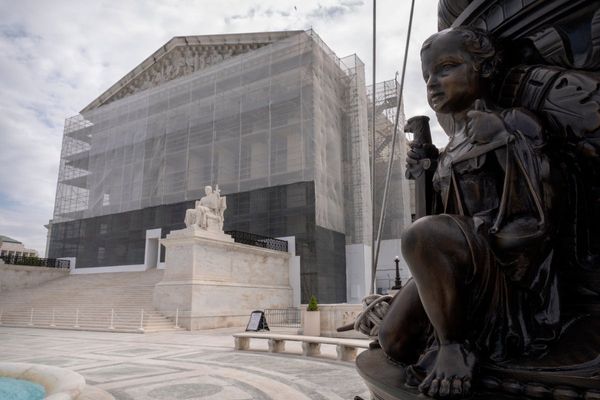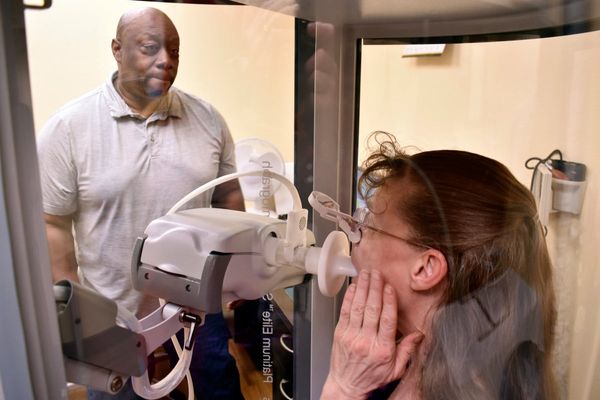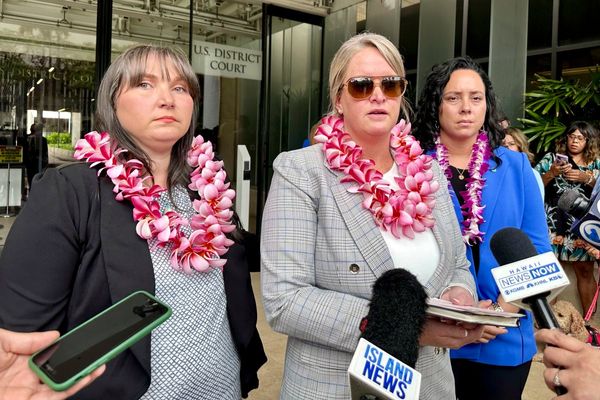
Treasurers of community groups and small charities have been warned to be extremely wary after a youth football club was conned out of more than £28,000 by fraudsters using a fake email scam.
The Reading-based Laurel Park FC says it has had to suspend all planned spending, and the treasurer has resigned, after he was duped into making a series of payments to what he thought were companies undertaking work for the club.
The scam started when he received what looked like a routine email from the chairman asking him to pay £7,000 to a supplier from the club’s Barclays account.
He had expected the request as the club, which operates 27 youth teams from playing fields on the edge of the town, was looking to spend money on its facilities. Only after he had made four payments – amounting to in excess of £28,000 into other Barclays accounts – did it emerge that the emails he’d received were false, and had come from a mocked-up lookalike account.
The case will send a shiver down the spine of anyone who acts as a treasurer for a club or charity.
The conmen, who have previously focused on solicitors and builders, appear to now be picking on those with perhaps lower security measures.
Barclays has washed its hands of the matter and refused to cover the losses, bar the £8.90 it says it was able to recover. The police have been similarly uninterested.
Andy Dykes, the club’s secretary, says the episode has been devastating for those involved. He says the unnamed treasurer has even offered to sell his house to allow him to repay the club, although they are hoping they won’t have to take him up on the offer.
Dykes says the club will survive the loss, albeit on reduced means. The funds that were set to be spent on a much-need upgrade to the sports facilities and equipment, however, are gone.
“Like thousands of other community football clubs we rely on volunteers to manage the day-to-day running, and our treasurer was just that – a volunteer doing his best,” Dykes says.
“He’s a former accountant who, at 82, is still great with figures, although not perhaps the most technically savvy person. He received what looked like a standard email request from our chairman to make a payment, and he did what many of us would have done – he carried it out.”

Club officials were staggered to discover that names used on online payments are completely ignored by the banks, which only use the account and sort code numbers when transferring money.
In this case, the treasurer believed he was sending the money to specifically named building contractors – but it ended up in the fraudster-controlled personal bank accounts.
Dykes, who has seen the emails sent by the fraudsters, says they were very convincing. He is also aware that another local football club was also targetted by the same group.
“We have asked Barclays to investigate how our money has been moved from our account into others at the same bank, and to then disappear. They did manage to recover £8.90, but they can’t explain where the rest has gone, have denied any liability, and refused any help,” Dykes says.
“To be honest, we want to publicise this problem so that other groups don’t go through what we have had to. We have implemented dual sign off on invoices and security checks to avoid any repercussions, and suggest others do the same.”
Guardian Money suggested to Barclays, which has until last season spent about £40m-a-year sponsoring the Premier League, that it might come to the aid of the community football club – one that runs nine girls’ teams and 18 boys’ teams – but this fell on deaf ears.
Barclays told us that all accounts used in this fraud had been opened with appropriate documents, and had been used “normally” for several years. It says: “This scam is a tragic case of criminal theft by a fraudster impersonating the chairman. We acted swiftly to recover any funds that remained in Barclays accounts at the time this was reported.
“Barclays is doing more than any other bank to remind people how to protect themselves from fraud and scams, including major TV and print advertising, and additional efforts with vulnerable customers.
“During the last year we prevented more than £831m of fraud from taking place.”







